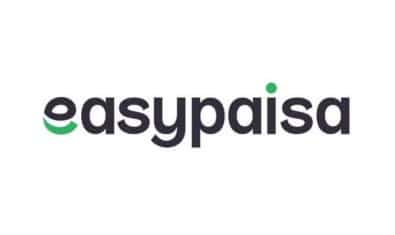The United Arab Emirates (UAE) imposed a sin tax, also called excise tax, on tobacco, energy drinks, and carbonated beverages to promote public health and raise revenue. The tax came into force on 1 October 2017. It’s part of the government’s efforts to diversify its sources of income and reduce dependence on oil revenues.
Pros of Sin Tax
Sin tax helps reduce the consumption of unhealthy products that may lead to various illnesses, including obesity, diabetes, and heart disease. It also encourages consumers in UAE to adopt healthier alternatives, such as water or juices.
It currently generates massive revenue for UAE which is utilized in other sectors like healthcare and education. According to the UAE Federal Tax Authority (FTA), the sin tax generated AED 2.48 billion in revenue in 2020, up from AED 2.2 billion in 2019.
Cons of Sin Tax
Some argue that the sin tax is regressive because it unfairly affects low-income groups who don’t have access to healthier alternatives. Critics suggest that the tax can lead to an increase in smuggling and illegal sales of taxed products.
Sin Tax Rate
The sin tax rate is as follows, according to Cabinet Decision No. 52 of 2019 on Excise Goods, Excise Tax Rates, and Techniques of Determining the Excise Price:
| Goods | Sin Tax Rate |
| Carbonated Drinks | 50% |
| Tobacco Products | 100% |
| Energy Drinks | 100% |
| Electronic Smoking Devices | 100% |
| Liquids for Smoking Devices | 100% |
| Products with added sugar | 50% |
Comparison with VAT
The sin tax is different from the value-added tax (VAT) in UAE, introduced on 1 January 2018. The VAT is a general tax for goods and services while the sin tax only targets certain products based on their negative impact on health and society.
Other Countries with a Sin Tax
The UAE isn’t the first country to impose a sin tax. Several other countries, including the United States, Canada, and Australia, have implemented similar taxes with different terms. The aim is to discourage the use of tobacco, alcohol, and sugary drinks.
Likewise, other Gulf Cooperation Council (GCC) countries also collect sin tax under a different tag. These include Saudi Arabia, Oman, Bahrain, and Qatar.
The UAE government, in a bid to discourage unhealthy products, has used the word “sin.” By utilizing this term, the government wants to inform the consumers that the products they’re buying have a negative connotation. This approach is expected to have a psychological impact on consumers, telling them to reconsider their choices and go for something healthy.






















